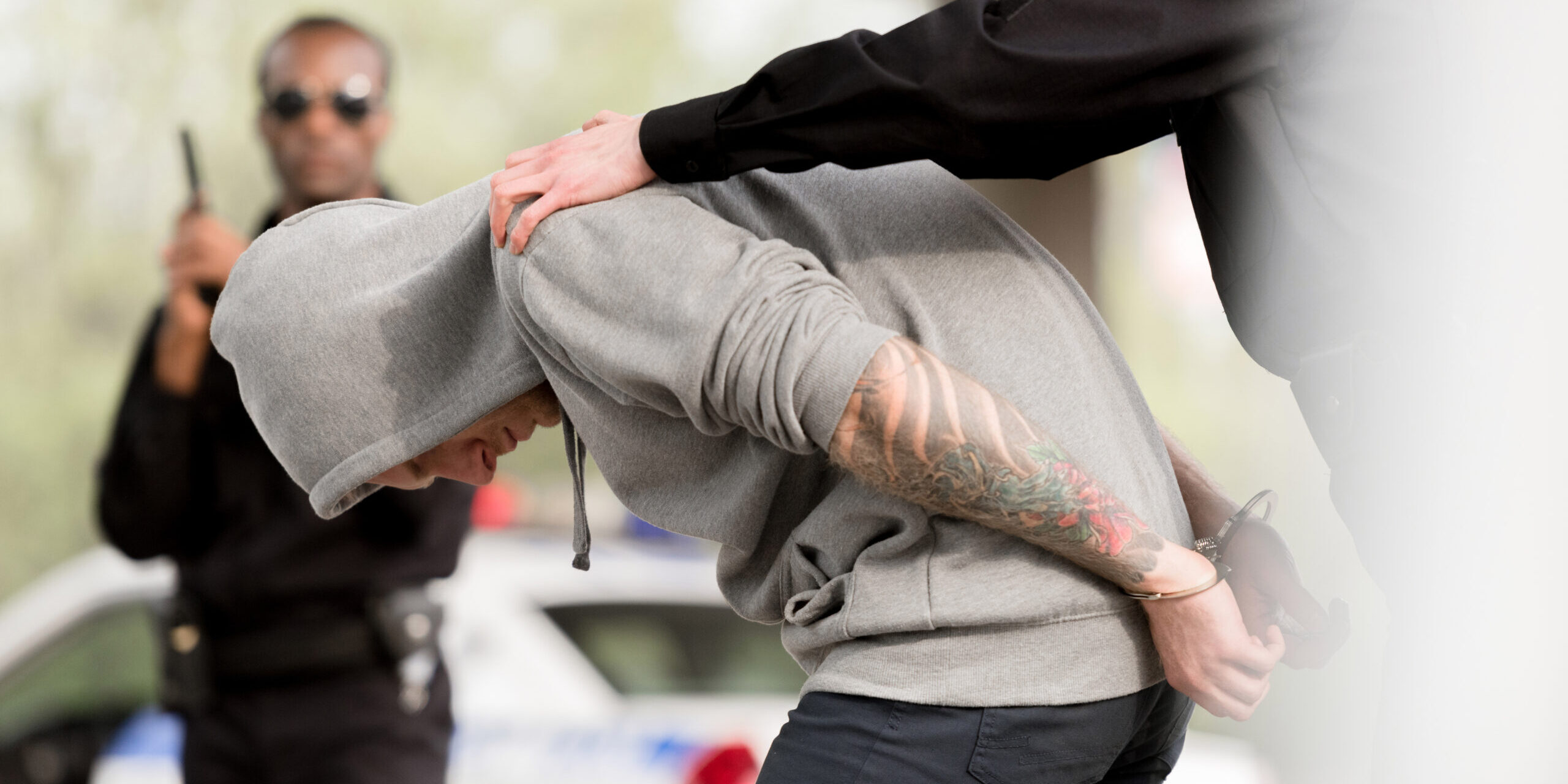Larceny is one of the most commonly charged theft-related crimes in Massachusetts. While the term may sound broad, it has a specific legal definition and encompasses a variety of offenses. Whether the alleged offense involves shoplifting, embezzlement, or stealing property, a larceny charge can carry serious legal consequences. This article provides an overview of how larceny is defined under Massachusetts law, the different types of larceny charges, and the potential penalties if convicted.
What Is Larceny Under Massachusetts Law?
In Massachusetts, larceny is defined under Mass. General Laws Chapter 266, Section 30 as the unlawful taking and carrying away of the personal property of another person with the intent to permanently deprive the owner of it. The key elements the prosecution must prove include:
- The defendant took and carried away property
- The property belonged to another person
- The defendant intended to permanently deprive the owner of the property
Unlike robbery, which involves force or threats, or burglary, which involves unlawful entry, larceny focuses solely on the unlawful taking of property, regardless of how it was taken.
Types of Larceny Offenses
Larceny can take many forms in Massachusetts, and charges are often based on the method used to commit the theft and the value of the property involved. Common types of larceny include:
- Larceny by Stealing: This is the most general form of larceny, such as shoplifting or taking someone’s belongings without permission.
- Larceny by False Pretenses: This involves obtaining someone else’s property through deception or misrepresentation. For example, falsely claiming to represent a business and convincing someone to turn over money or goods.
- Larceny by Embezzlement: This occurs when someone lawfully possesses another’s property but then converts it for personal use. Common in employer-employee relationships, such as an employee stealing funds from a company account.
- Larceny of a Motor Vehicle: Taking a car or other motor vehicle without the owner’s consent with the intent to permanently deprive them of it.
- Larceny from the Person: This involves stealing directly from another individual, such as pickpocketing. Although there’s no use of force, the proximity to the person makes it a more serious charge.
Massachusetts also distinguishes larceny based on the value of the property stolen:
- Larceny Over $1,200: Considered a felony offense
- Larceny $1,200 or Less: Considered a misdemeanor offense
Penalties for Larceny in Massachusetts
The penalties for larceny vary depending on the circumstances and value of the stolen property.
- Felony Larceny (Over $1,200): Punishable by up to 5 years in state prison or up to 2 years in jail and/or a fine up to $25,000.
- Misdemeanor Larceny ($1,200 or Less): Punishable by up to 1 year in jail and/or a fine up to $1,500.
Some types of larceny, such as theft of a firearm or larceny from a person, are treated more severely regardless of the property’s value. Additionally, if a person has prior theft-related convictions, they may face enhanced penalties, including longer jail time.
Aside from incarceration and fines, a larceny conviction can have long-lasting effects, such as a permanent criminal record, loss of employment opportunities, immigration consequences, and damage to personal reputation.
Legal Defenses to Larceny Charges
Several defenses may be available in a larceny case, depending on the facts. Common defenses include:
- Lack of Intent: Arguing there was no intent to permanently deprive the owner of the property.
- Mistaken Ownership: Believing the property belonged to the defendant or that they had permission to take it.
- Insufficient Evidence: Challenging the prosecution’s ability to prove all elements of the offense beyond a reasonable doubt.
Because larceny cases often rely on witness statements, surveillance footage, or financial records, a criminal defense attorney can analyze the evidence and challenge any weaknesses in the prosecution’s case.
Speak with a Massachusetts Criminal Defense Attorney
Larceny charges in Massachusetts should be taken seriously, whether they involve a minor theft or a felony-level offense. A conviction can lead to harsh penalties and a permanent criminal record. If you or someone you know is facing a larceny charge, contact me at (508) 752-2727 to set up a consultation to review your case, have your legal options explained to develop a strong defense strategy.


